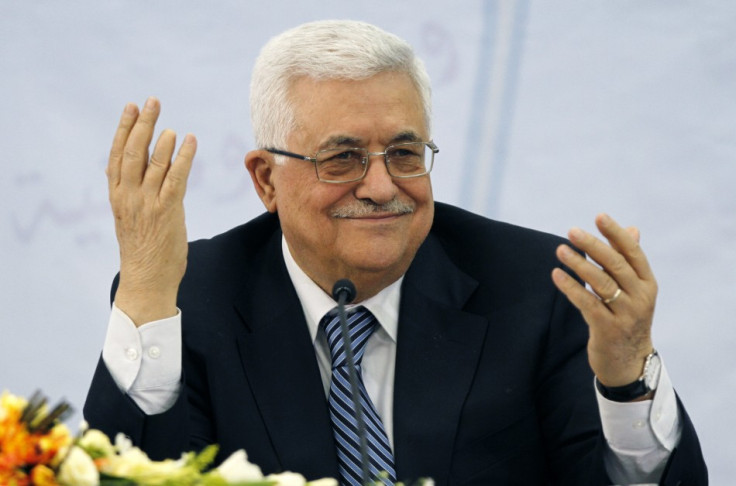Palestinian Statehood Bid: A Contentious Issue For the International Community?

Since Palestinian leaders have announced they will launch a Palestinian statehood bid in September at the United Nations Security Council, governments from all around the world have reacted to the decision, sometimes in a surprisingly passionate manner.
While the news received a mitigated welcome from the international community, right groups have been much more supportive.
On Tuesday, supporters of the bid established an analogy between the current Palestinian situation and the Arab spring, in which millions of people across the Middle East have taken to the streets to demand for more freedom and less oppression.
Palestinians, activists say have been oppressed both politically and economically by 44 years of Israeli occupation and they insist that the U.N. welcoming Palestine as a formal member would enable then to make a first step towards a more independent territory.
For strong opponents to the Palestinian U.N. move, with Israel and the U.S at the forefront, the idea will only achieve the creation of even more tensions and a ''shortcut'' solution that would not enable to unfreeze the deadlocked peace negotiations.
Despite criticisms however Palestinian leaders seem determined to go ahead with their plan but have yet to announce whether they intend to seek full membership.
''The road to admission could be the expressway or could be the local road,'' the Palestinian envoy to the U.N., Riyad Mansour, said. ''Either way we are moving in that direction because the ultimate objective will be admission.''
The U.S. has however hinted at the possibility it would veto an application for full membership in the Security Council or even petition the General Assembly for enhanced observer status, which would give grant them the aura of international recognition as a state but would fall short of full membership.
Israel has insisted before launching a statehood bid, Palestinian and Israeli leaders should meet in order to try and resume peace talks and tackle the remaining issues surrounding the conflict, including borders, the status of Jerusalem and the return of refugees.
''Now is the time for the international community to tell the Palestinian leadership what it refuses to tell its own people: there are no shortcuts to statehood,'' Israel's permanent representative to the U.N., Ron Prosor, said.
The Palestinians, backed by numerous right groups, on the other hand argue that the continuing and developing Israeli settlements, on what it considers its territory is the main obstacle to the potential implementation of a two-state solution based on the 1967 borders.
In their opinion, U.N. membership would solidify the effort towards such a resolution and put more pressure on Israel regarding the settlements situation.
Not deterred by U.S. threats of veto, Mansour hinted at the possibility of Palestinians launching a diplomatic campaign to try and overcome a U.S. veto by getting hundreds of thousands of Palestinians to demonstrate in coming weeks to demand an end to occupation and enable to further associate the link between the Arab Spring and the Palestinian cause.
The issue still very much divides the international community and friendships seem to somehow influence the position states take face to the bid.
Turkey, for example, seem to indicate the government has, for now, decided to remain cautious.
''If we are to win the hearts and minds of the Arab people and support them in meeting their aspirations, we must be able to show them our collective determination towards reaching a just and viable peace in the region,'' Fazli Corman, Turkey's deputy permanent representative, said.
In Europe, the situation is all the more complex as nine out of 27 members already recognise Palestine as a nation, which render the idea of a united an uniform decision unlikely.
European members of the Security Council are divided with Germany leaning towards an opposition to membership while France and Britain sound more supportive.
Arab states, while supporting the Palestinian effort, seems more open to the General Assembly option as a way of avoiding a direct confrontation with Washington.
Also, on Wednesday, Palestinian president Mahmood Abbas confirmed the Palestinian are decided to bring the issue to the U.N. when he issued a statement indicating that should the peace negotiations with Israel resume, he would still ask the U.N. to endorse Palestinian independence in September .
© Copyright IBTimes 2024. All rights reserved.






